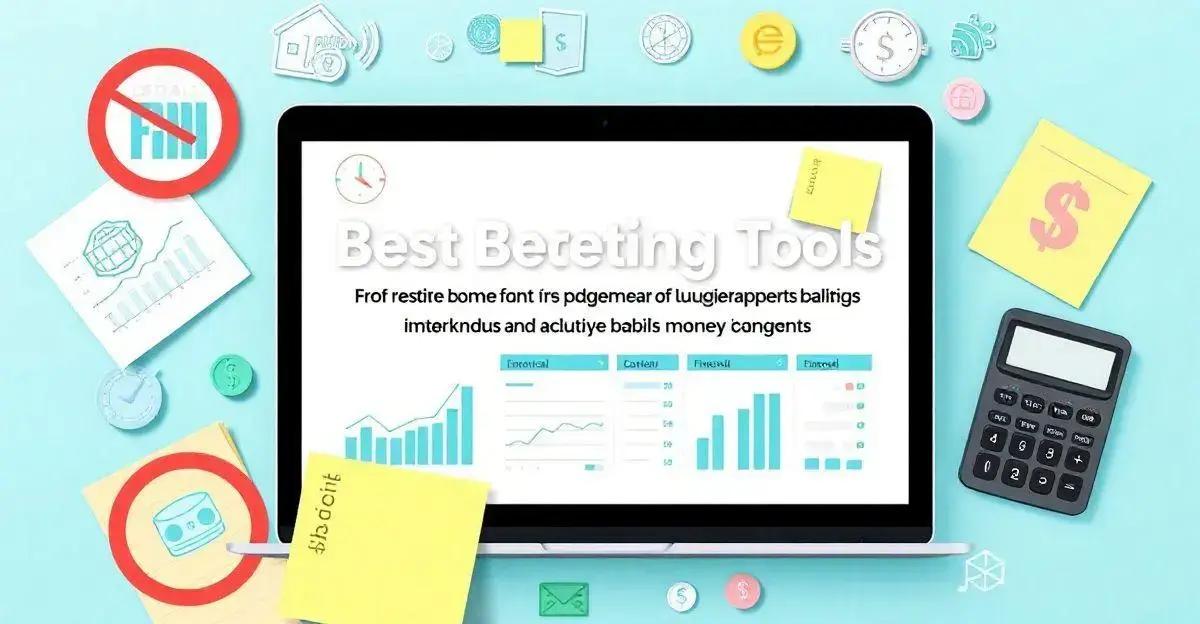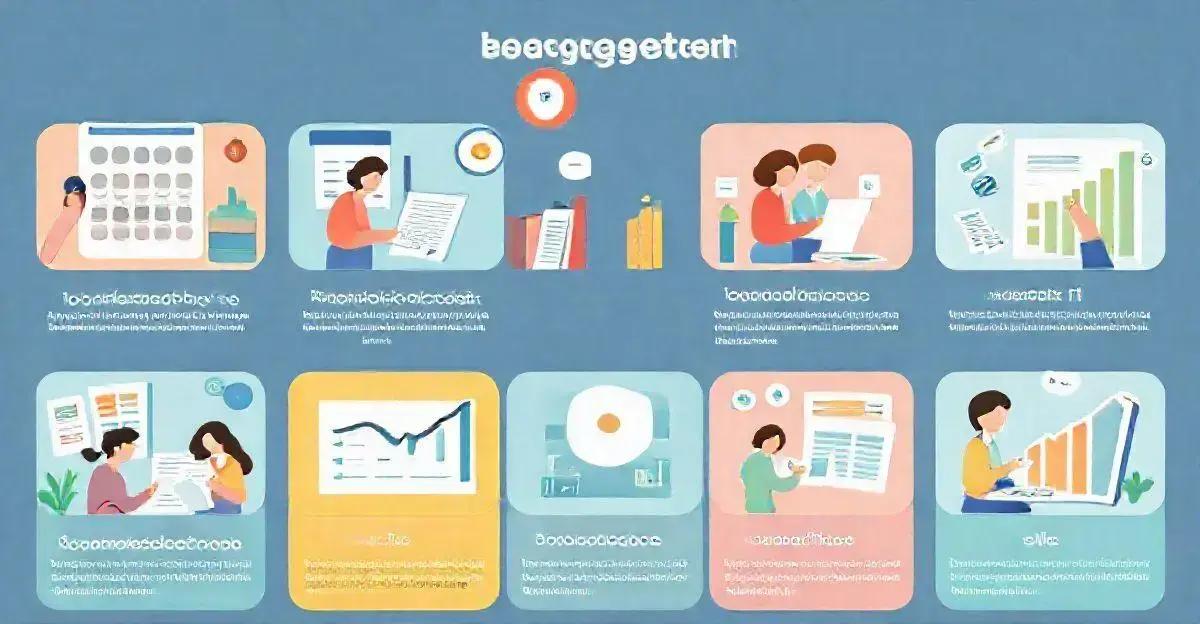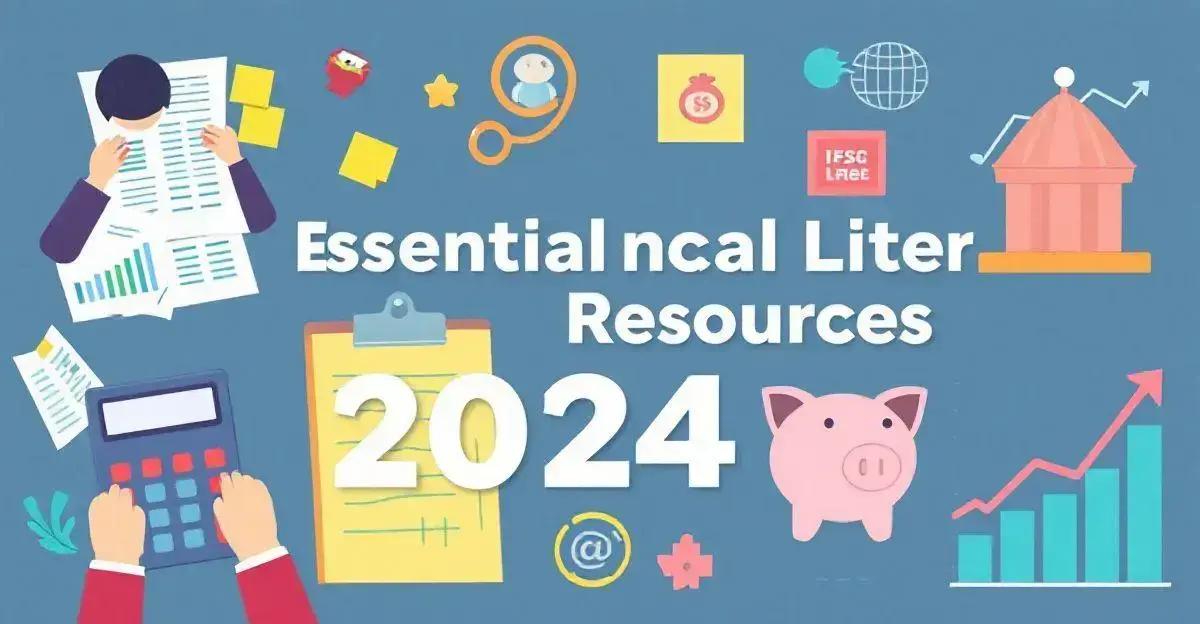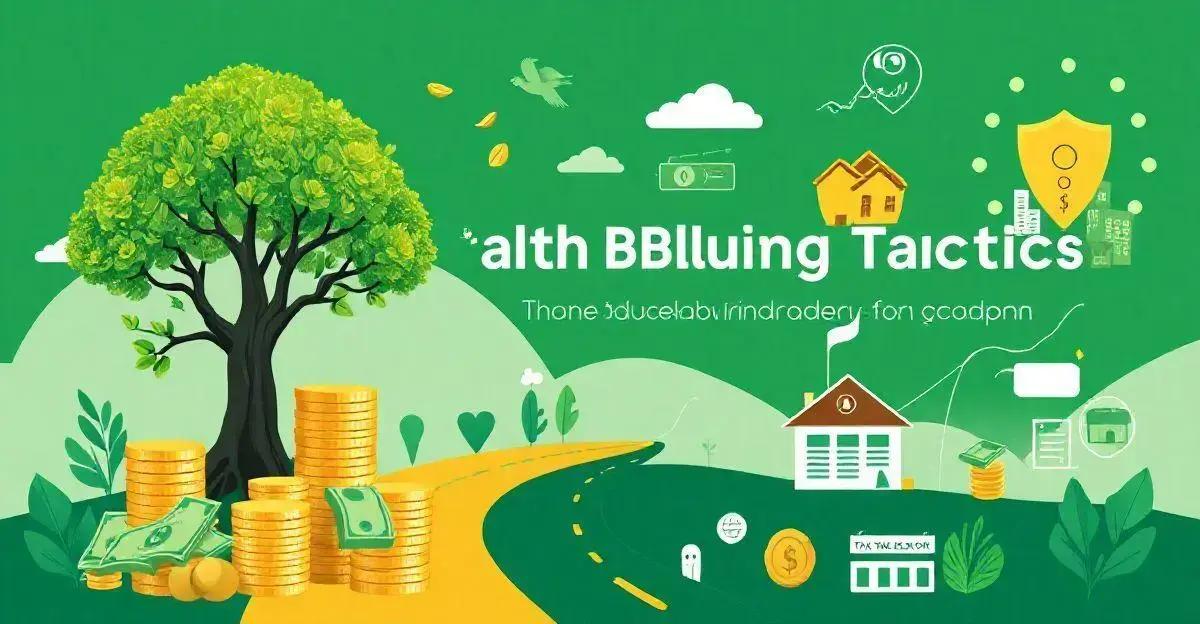Are you tired of living paycheck to paycheck? Do you struggle to make ends meet due to poor financial planning? Budgeting tools can be your key to unlocking financial freedom.
In this article, we will explore the best budgeting tools to help you manage your finances, budget effectively, and achieve your financial goals.
With the right tools, you’ll be able to track your expenses, analyze your spending habits, and create a budget that works for you.
So, let’s get started!
Understanding Your Financial Goals
Setting financial goals is a crucial step in achieving financial stability. It helps you prioritize your spending, create a plan, and track your progress.
Start by identifying your short-term and long-term goals, whether it’s paying off debt, building an emergency fund, or saving for a big purchase. Be specific and measurable, so you can track your progress and stay motivated.
For example, instead of saying ‘I want to save more,’ say ‘I want to save $1,000 in the next six months.’ Write down your goals and review them regularly to stay focused and accountable.
Choosing the Right Budgeting Tool

When choosing the right budgeting tool, consider your financial goals, spending habits, and level of technical expertise.
There are various types of budgeting tools available, including spreadsheets, apps, and software.
Spreadsheets like Google Sheets and Microsoft Excel are cost-effective and offer basic budgeting features.
Apps like Mint and Personal Capital offer more advanced features, such as investment tracking and bill payment reminders.
Software like Quicken and YNAB (You Need a Budget) provide a comprehensive budgeting experience, including financial planning and goal setting.
Ultimately, the right budgeting tool for you will depend on your individual needs and preferences.
Budgeting 101: Essential Strategies
Budgeting is a process that involves planning and managing your finances to achieve your financial goals. It involves identifying your income and expenses, creating a budget plan, and tracking your progress.
Budgeting 101: Essential Strategies Effective budgeting requires establishing a budgeting routine, prioritizing needs over wants, and making adjustments as needed.
It also involves tracking expenses, building an emergency fund, and avoiding debt. By following these budgeting strategies, you can take control of your finances, achieve financial stability, and reach your long-term goals.
Tracking Your Expenses
![]()
Tracking your expenses is a crucial step in creating a budget that works for you. Start by identifying your income and fixed expenses, such as rent, utilities, and groceries.
Then, track your variable expenses, such as entertainment, hobbies, and travel. You can use a budgeting app, spreadsheet, or even just a notebook to track your expenses.
Be sure to categorize your expenses to get a clear picture of where your money is going. Regularly reviewing your expense tracking will help you identify areas where you can cut back and make adjustments to achieve your financial goals.
Analyzing Your Spending Habits
Analyzing your spending habits is a crucial step in creating a budget that works for you. Start by identifying your most common expenses, such as groceries, entertainment, and transportation.
Then, categorize your expenses into needs and wants. Be sure to track your expenses over time to identify patterns and trends. You can use a budgeting app or spreadsheet to help you analyze your spending habits.
Regularly reviewing your spending habits will help you identify areas where you can cut back and make adjustments to achieve your financial goals.
Creating a Budget That Works For You

Creating a budget that works for you requires a combination of financial planning, discipline, and flexibility.
Start by setting realistic financial goals, such as saving for an emergency fund or paying off debt.
Then, identify your income and fixed expenses, and allocate your remaining income towards discretionary spending.
Be sure to prioritize your spending, focusing on needs over wants.
Regularly review and adjust your budget to ensure you’re on track to meet your financial goals.
FAQ – Frequently Asked Questions About Budgeting Tools
What are the benefits of using a budgeting tool?
Budgeting tools help you track your income and expenses, identify areas for improvement, and make informed financial decisions.
How do I choose the right budgeting tool for my needs?
Consider your financial goals, spending habits, and level of technical expertise when selecting a budgeting tool.
What are the essential strategies for budgeting?
Establishing a budgeting routine, prioritizing needs over wants, and regularly reviewing your budget are essential strategies for budgeting.
How do I track my expenses?
You can use a budgeting app, spreadsheet, or notebook to track your expenses. Categorize your expenses to get a clear picture of where your money is going.
What are the benefits of analyzing my spending habits?
Analyzing your spending habits helps you identify areas where you can cut back and make adjustments to achieve your financial goals.
How do I create a budget that works for me?
Create a budget that aligns with your financial goals, prioritizes your spending, and is regularly reviewed and adjusted.



